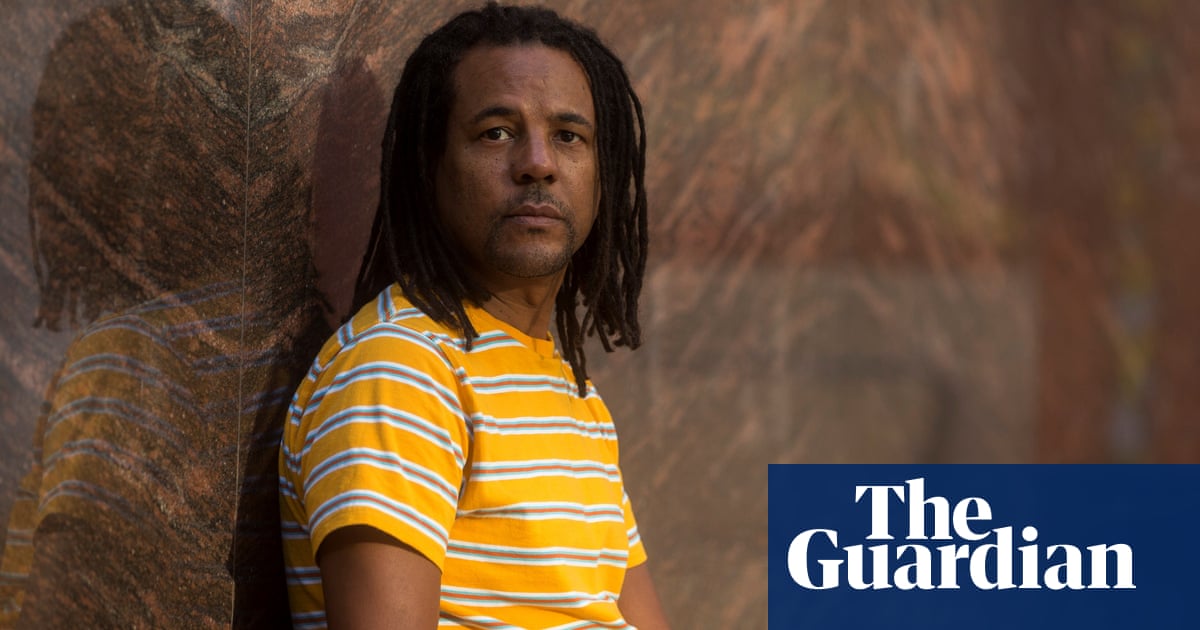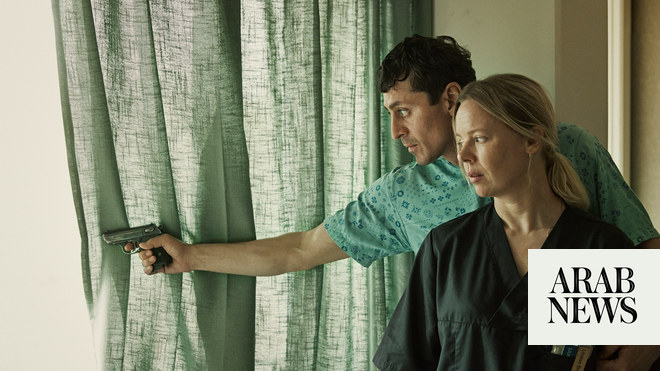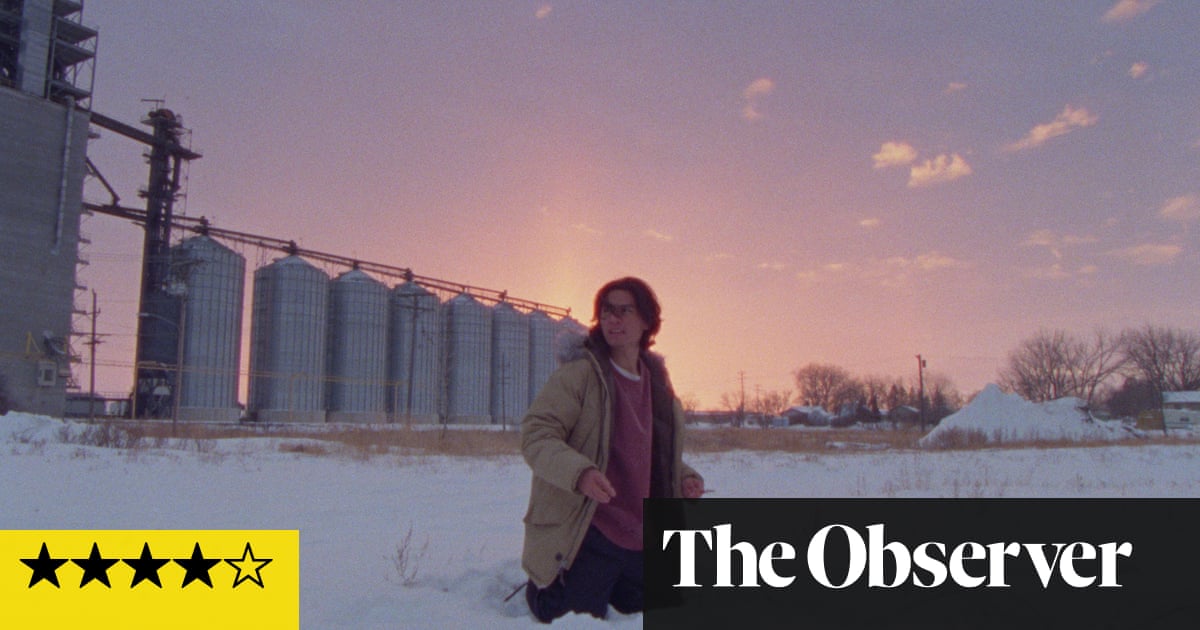
“Nothing came close,” Claude McKay observed a century ago, “to the hot, syncopated fascination of Harlem”, with its overcrowded tenements, star-studded theatres, numbers runners, ragtime and jazz. At the start of Harlem Shuffle, Colson Whitehead’s dazzling new thriller, it’s 40 years on from the area’s 1920s renaissance. Gone are the hi-de-ho days of Cab Calloway’s orchestra. Up at Hotel Theresa, the “Waldorf of Harlem”, you’re more likely to find “a pimp and working girl at the bar than Joe Louis or a grande dame of Negro society”. But Harlem is still the black capital of the world, and its optimism and potential are embodied in Ray Carney, whose fortunes change on discovering, in his dead father’s car, a bundle of cash – enough to open a furniture store on 125th Street.
Carney senior was a local hood but his son, Ray, “was only slightly bent when it came to being crooked”. By day, Ray charms customers on the merits of Collins-Hathaway armchairs; by night he oversees a steady trade, shifting stolen goods. He has a business diploma, framed on the wall, but that can only get you so far in a place oiled by corruption. Ray is strictly small-time until his feckless cousin, Freddie, inadvertently involves him in a heist to rob safe deposit boxes at the Hotel Theresa.
In the 1950s, Chester Himes set a high bar for Harlem noir with his series featuring badass black detectives Coffin Ed Johnson and Grave Digger Jones. But Whitehead isn’t looking over his shoulder. As in Himes’s novels, the language here is wiseguy crisp, zinging with street vernacular. Ray Carney’s Harlem is equally a messy and ugly world, where a knife-wielding pimp will “unzip” an out-of-favour working girl; where the gangster Miami Joe and Freddie drink until they resemble “rye-soaked cockroaches scurrying from sunlight and propriety”.
A crime novel might seem like a departure for Whitehead, but the double Pulitzer prize winner has always resisted categorisation. That was evident in his creation of an actual underground railroad for his innovative 2016 slave novel of the same name (made into a captivating recent TV series by the Oscar-winning director Barry Jenkins), and in his brutal rendering of a 1960s true-life story of abuse and murder at a reform school in The Nickel Boys (2019). In Harlem Shuffle, Whitehead flexes his literary muscles further, extending the boundaries and expectations of crime writing.
The book is also a social drama interrogating the nature of prejudice and how an environment limits ambition. The nuances of Manhattan’s topography drive much of the action – from Harlem’s gambling dens, like Nightbirds, where the atmosphere “was ever five minutes after a big argument and no one telling you what happened”, to the flophouses of Washington Heights that “don’t deserve a name”, to the “manic boil” of 47th Street’s diamond quarter, to the dreamland of the black upper-middle-classes’ Strivers’ Row.
Ray’s wife, Elizabeth, was brought up on Strivers’ Row. Her parents, Alma and Leland, don’t conceal their disappointment that she “settled” for a husband whose skin is too dark to pass the brown paper bag test for admission to the elite Dumas club where Leland is a member. And in her dealings with her son-in-law, Alma does everything with a “healthy sprinkling of spite”.
Elizabeth stands by her man and by Harlem; her social conscience is exemplified in her work for Black Star Travel. The company amplifies the initiative of Jim Crow-era guide The Green Book in offering routes for safe passage and accommodation for African Americans to traverse the US unmolested. When the downtrodden’s sense of rage erupts with the Harlem riots, the narrator charts how, with “cars overturned like fat beetles” and grocery stores firebombed, the burning and looting “sends a message”, but also threatens businesses such as Ray’s. Notwithstanding the “Negro-owned and operated” sign outside his showroom, he keeps a night vigil cradling a baseball bat.
Harlem Shuffle is built like a classic three-act tragedy. Jeopardy lingers in the shadows throughout for Ray. Can he ever escape a life framed by the dead-end airshafts and “the screech of metal” of the elevated trains? Part of the book’s pleasure is that it keeps you guessing. By the end, I felt, as Ray does of Harlem: “Its effect was unmeasurable until it was gone.”












